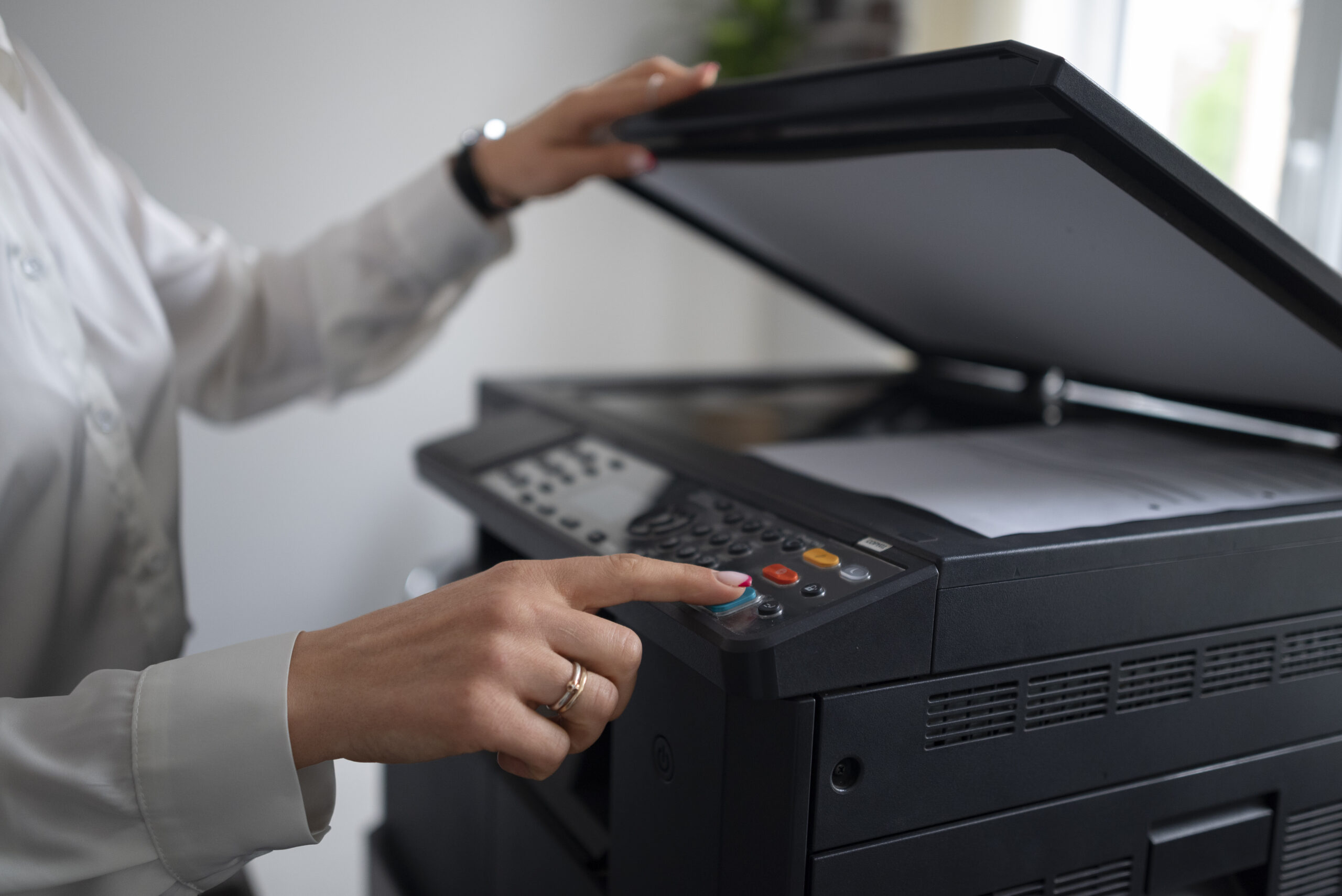Copy Smarter, Not Harder: Why Commercial Copiers Are Essential for Modern Workplaces

Every company, large or small, and every industry depends on efficient documentation. From copying contracts and proposals to scanning and sending out reports, these tasks demand equipment that can keep up with the workload of your employees. That’s where commercial copiers come in — heavy-duty, multi-function devices that can handle the speed and volume of the business environment.
Whether you have a law firm, real estate business, school, hospital, or startup, there’s a good chance your office relies on a constant stream of printed and digital documents. The right copier not only enhances productivity, but can also improve collaboration, information security, and reduce overall costs. Here, you will discuss why purchasing or upgrading to a commercial copier is worthwhile, how to select the right one, and how it can streamline your organization across departments.
The Business Copier’s Role in Business Productivity
The workplaces of the day require more than equipment that simply works — they require equipment that adapts, connects, and speeds up. A business copier is not merely a device that prints paper. It’s a document processing centre in the middle of the action, often featuring printing, scanning, faxing, and cloud connectivity on a single device.
These printers are designed for heavy-duty printing, with high print speeds, paper capacity, and high-yield toner or ink. To reduce labour, many have automated features such as two-sided printing, document collating, and auto stapling. The result is a more efficient office environment where your staff can focus on what’s important.
For example, instant access to accurate patient records is paramount in a healthcare clinic. With the right copier, staff can electronically scan, distribute, and store medical records securely and instantly. Teachers and school administrators value the advantage of printing huge quantities of worksheets, tests, and reports without dealing with consumer-grade devices.
Factors to Look for When Choosing a Commercial Copier
Choosing the right copier is more than a cost analysis. The following are the most critical features to consider when you are selecting a copy machine for your company:
1. Volume and speed of printing
How many pages would you like to print daily or monthly? Entry-level business units can handle approximately 20-30 pages per minute (ppm), and high-volume units will exceed 80 ppm. Be practical about your print volume and select models that easily exceed your typical usage.
2. Multifunction Capabilities
Locate the MFP (Multifunction Printer) machines or MFD (Multifunction Device). These can make printouts, scan, fax, and copy. Some possess extra features like optical character recognition (OCR), where scanned documents can be converted to editable digital documents.
3. Connectivity and Integration
New copiers need to fit into your digital workflows. Wi-Fi, Ethernet, and cloud connectivity are essential. Google Drive, Dropbox, SharePoint, or email-enabled devices eliminate hours of uploading or emailing documents.
4. Security Features
With compliance regulations and data breaches on the rise, copier security is paramount. Choose a model with user authentication, encrypted hard drives, and secure print release. These features help ensure legal and ethical compliance for finance and healthcare industries.
5. Ease of use
A user-friendly interface streamlines training and reduces errors. Simple-to-use touchscreens with customizable presets, smartphone app support, and simple-to-use menus can make departments easier to use.
Environmental Impact and Sustainability
Sustainability has become increasingly important for businesses. Most office copiers come with environmentally friendly options like energy-saving modes, automatic double-sided printing (printing both sides of the paper), and recyclable toner cartridges. Businesses also provide Energy Star-certified devices that meet the minimum environmental performance standards. Some dealers even offer recycling programs for used toner and ink cartridges. By going with an eco-friendly copier, you’re reducing your carbon footprint and showing your clients, employees, and stakeholders that your business is concerned with corporate responsibility.
Real-World Applications Across Industries
To get a clearer picture of how business copiers facilitate real business needs,
examine these examples:
• Law Offices
Law firms handle enormous amounts of confidential documents. Secure print release and encryption with commercial devices maintain client confidentiality while offering high-volume output for case files, contracts, and legal briefs.
• Creative Agencies
Design studios typically produce colour proofs, posters, and brochures. Specialty commercial printers offer deep colour reproduction and specialty media handling so creatives can see their vision on paper before they show it to the clients.
• Building Developers
Under pressure, blueprints and permit plans must be printed, scanned, and archived. A business copier with wide-format and high-speed scanning capabilities can assist with improved project management.
Final Thoughts: Investing in Productivity
The copier you choose is not just a machine. It’s a tool that daily impacts your workflow, security, and bottom line. Small businesses can get by with simple machines, but upgrading to a commercial copiers are a real step up in performance, reliability, and capacity. Because there are dozens of configurations and models to select from, the right copier can be tailored to your objectives, team size, and industry. Dealing with a reliable vendor ensures you get the right machine and the training, service, and support you need to maximise your investment. In an age where time is everything and information moves at the speed of light, a working copier is no indulgence — it’s a necessity. Equip your office with a product built for the pace of business, and you’ll be at the printer less frequently and moving your business further.


